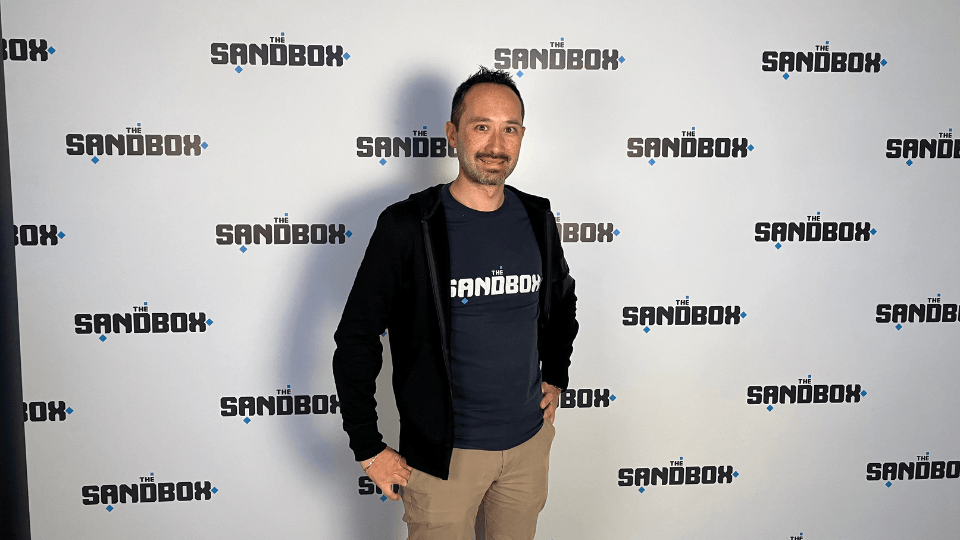ARTICLE AD BOX
Former Solicitor General Donald B. Verrilli, who served during the Obama administration, has accused US regulators of intentionally stifling the crypto industry through debanking practices.
Verrilli, who now serves as Grayscale Investments’ senior legal strategist, made the remarks in a joint amicus brief filed on July 3 with Paul Clement, the former Solicitor General under President George W. Bush.
The statement highlighted growing bipartisan concerns about the regulatory environment for digital assets and
Debanking claims
The amicus brief was filed on behalf of Custodia Bank, which is appealing a Wyoming district court’s decision to grant the Federal Reserve discretion to deny it a Master Account.
In a joint statement with Clement, Verrilli suggested that the Office of the Comptroller of the Currency (OCC) has issued informal guidance that effectively limits banks’ ability to engage with crypto firms.
He argued that these guidelines, though not official, set stringent requirements that are difficult for banks to meet, impacting their ability to support the growing crypto industry. Additionally, the brief argues that such practices amount to a deliberate effort to debank the crypto industry, stifling competition and innovation.
Verrilli was particularly critical of the court’s decision in favor of the Fed, describing it as a significant obstacle for the crypto sector. His comments, supported by Clement, reflect a broader bipartisan concern about the current regulatory approach toward the crypto industry.
Fox Business journalist Eleanor Terrett recently reported on Verrilli’s perspective, noting the potential consequences of the Fed’s decision. Some market analysts warn that without more adaptive regulations, the United States could lose its competitive edge in the global crypto market.
Terret added that Verrilli and Clement’s joint support for Custodia Bank signals a shifting political landscape around crypto, with bipartisan backing growing as the November election approaches.
Growing influence
Digital assets are becoming a significant issue in the upcoming 2024 US elections, influencing both political discourse and voter behavior. The crypto industry has gained substantial traction, with its advocates pushing for more favorable regulations and greater acceptance among lawmakers.
This has led to increased political engagement from both industry stakeholders and voters interested in digital assets, with key political figures and presidential candidates increasingly aligning themselves with the crypto sector.
Former President Donald Trump recently pledged to support the interests of digital asset traders and has started accepting campaign contributions in cryptocurrencies. On the Democratic side, Robert F. Kennedy Jr. has also embraced cryptocurrencies, with his campaign accepting crypto donations and advocating for the protection of Americans’ rights to use and hold digital assets.
This growing political alignment is seen as crucial for mobilizing younger voters, who are typically more inclined to invest in cryptocurrencies. According to recent data, Millennials and Generation Z make up a significant portion of the crypto user base, and their support could be pivotal in close elections.
A poll by the Crypto Council for Innovation (CCI) found that a candidate’s stance on digital assets is important to many voters, with 83% of those surveyed preferring candidates who advocate for clear crypto regulations.
Meanwhile, Crypto entities are preparing to spend over $80 million on the elections, aiming to boost allies and promote legislation favorable to the industry. This has resulted in surprising bipartisan support for crypto-friendly legislation, with notable figures like Senate Majority Leader Chuck Schumer and former House Speaker Nancy Pelosi emerging as unexpected allies
The post Ex-Obama Solicitor General accuses regulators of intentionally debanking crypto firms appeared first on CryptoSlate.
.png)
 6 months ago
1
6 months ago
1








 English (US)
English (US)